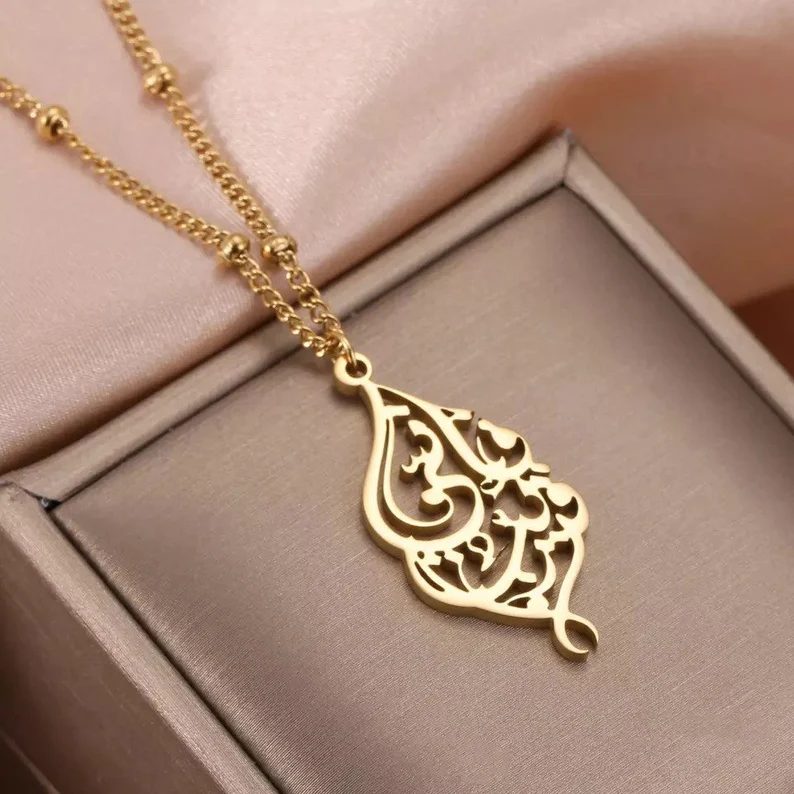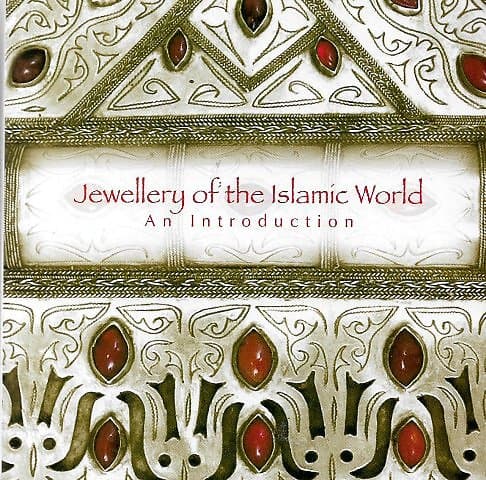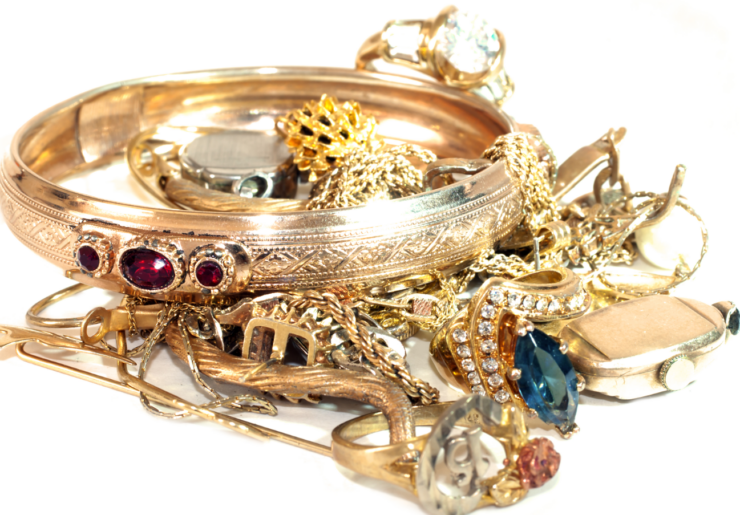The Complexities Of Jewelry In Islam: A Comprehensive Guide
The Complexities of Jewelry in Islam: A Comprehensive Guide
Related Articles: The Complexities of Jewelry in Islam: A Comprehensive Guide
Introduction
In this auspicious occasion, we are delighted to delve into the intriguing topic related to The Complexities of Jewelry in Islam: A Comprehensive Guide. Let’s weave interesting information and offer fresh perspectives to the readers.
Table of Content
The Complexities of Jewelry in Islam: A Comprehensive Guide

The question of whether Muslims can wear jewelry is not a simple yes or no. It is a nuanced issue, influenced by various factors including religious interpretations, cultural contexts, and personal choices. This article aims to provide a comprehensive understanding of the Islamic perspective on jewelry, exploring its significance, limitations, and considerations.
The Islamic Perspective on Jewelry:
Islam, as a religion, does not explicitly prohibit the wearing of jewelry. However, its teachings do emphasize modesty and discourage extravagance. Therefore, the permissibility of jewelry depends on its type, purpose, and the wearer’s intention.
Types of Jewelry and Islamic Guidance:
- Gold and Silver: While Islam allows the use of gold and silver in jewelry, certain restrictions apply. For men, wearing gold jewelry is generally discouraged, as it is considered a symbol of luxury and extravagance. Women, on the other hand, are permitted to wear gold and silver jewelry, but with the understanding that it should not be excessive or ostentatious.
- Other Metals: Jewelry made from other metals, such as platinum, titanium, or copper, is generally permissible for both men and women. However, it is important to ensure that the jewelry does not contain any prohibited substances or images.
- Gemstones: The use of gemstones in jewelry is generally permitted, as long as they are not used for the purpose of idolatry or superstition.
- Body Piercings: The Islamic perspective on body piercings is more complex. While some scholars consider ear piercings for women to be permissible, others believe that any form of body piercing that alters the natural form is discouraged.
Considerations for Wearing Jewelry:
- Modesty: The Islamic principle of modesty plays a crucial role in determining the appropriateness of jewelry. Jewelry should not be worn in a way that draws undue attention or provokes desire.
- Purpose: The intention behind wearing jewelry is also important. Jewelry should not be worn solely for the purpose of attracting attention or displaying wealth. It is more appropriate to wear jewelry as a symbol of faith, culture, or personal expression.
- Cultural Context: Cultural norms and traditions can also influence the acceptance of jewelry. In some Muslim communities, certain types of jewelry may be considered more appropriate than others.
Benefits of Wearing Jewelry:
- Religious Symbolism: Some jewelry, such as the Islamic prayer beads (tasbih), holds religious significance and serves as a reminder of faith.
- Cultural Identity: Jewelry can be a powerful symbol of cultural heritage and identity.
- Personal Expression: Jewelry can be a way to express personal style and creativity.
- Health Benefits: Certain types of jewelry, such as silver, are believed to have health benefits.
FAQs about Jewelry in Islam:
- Can men wear gold jewelry? Generally, men are discouraged from wearing gold jewelry, as it is considered a symbol of luxury and extravagance. However, there are exceptions to this rule, such as the wearing of a gold wedding band.
- Can women wear expensive jewelry? Women are permitted to wear expensive jewelry, but they should be mindful of the Islamic principle of modesty and avoid extravagance.
- Is it permissible to wear jewelry with images of living beings? It is generally not permissible to wear jewelry with images of living beings, as this is considered to be a form of idolatry.
- Can Muslims wear jewelry during prayer? Muslims are encouraged to remove all jewelry before performing prayer, as it may distract from the focus on worship.
- What are the rules regarding jewelry for non-Muslim spouses? There are no specific rules regarding the jewelry worn by non-Muslim spouses. However, it is important to be respectful of the other person’s beliefs and customs.
Tips for Choosing and Wearing Jewelry:
- Choose modest designs: Opt for jewelry that is simple and elegant, avoiding designs that are overly flashy or revealing.
- Consider the occasion: The type of jewelry worn should be appropriate for the occasion.
- Be mindful of cultural norms: Be aware of the cultural norms and traditions of the community you are in.
- Wear jewelry with intention: Wear jewelry with a sense of purpose, whether it be religious, cultural, or personal.
Conclusion:
The Islamic perspective on jewelry is complex and multifaceted. While Islam does not explicitly prohibit the wearing of jewelry, it emphasizes modesty and discourages extravagance. The permissibility of jewelry depends on its type, purpose, and the wearer’s intention. By understanding the Islamic principles and cultural context, Muslims can make informed decisions about the type and manner in which they wear jewelry.








Closure
Thus, we hope this article has provided valuable insights into The Complexities of Jewelry in Islam: A Comprehensive Guide. We appreciate your attention to our article. See you in our next article!
You may also like
Recent Posts
- The Allure Of Cubic Zirconia: A Comprehensive Guide To Its Beauty And Versatility
- The Evolution Of Jewelry Design: Embracing The Power Of CAD
- Corfe Castle: A Journey Through Time In The English Countryside
- Restoring A Precious Symbol: Repairing A Cut Ring
- A Comprehensive Guide To Silver Jewelry In Chennai: Unveiling The City’s Silver Treasures
- A Glimpse Into Kolkata’s Golden Legacy: Exploring City Gold Jewellery
- Navigating The Landscape Of Charitable Giving: Supporting Local Communities In The Wake Of COVID-19
- Corfe Castle And Village: A Journey Through Time
Leave a Reply